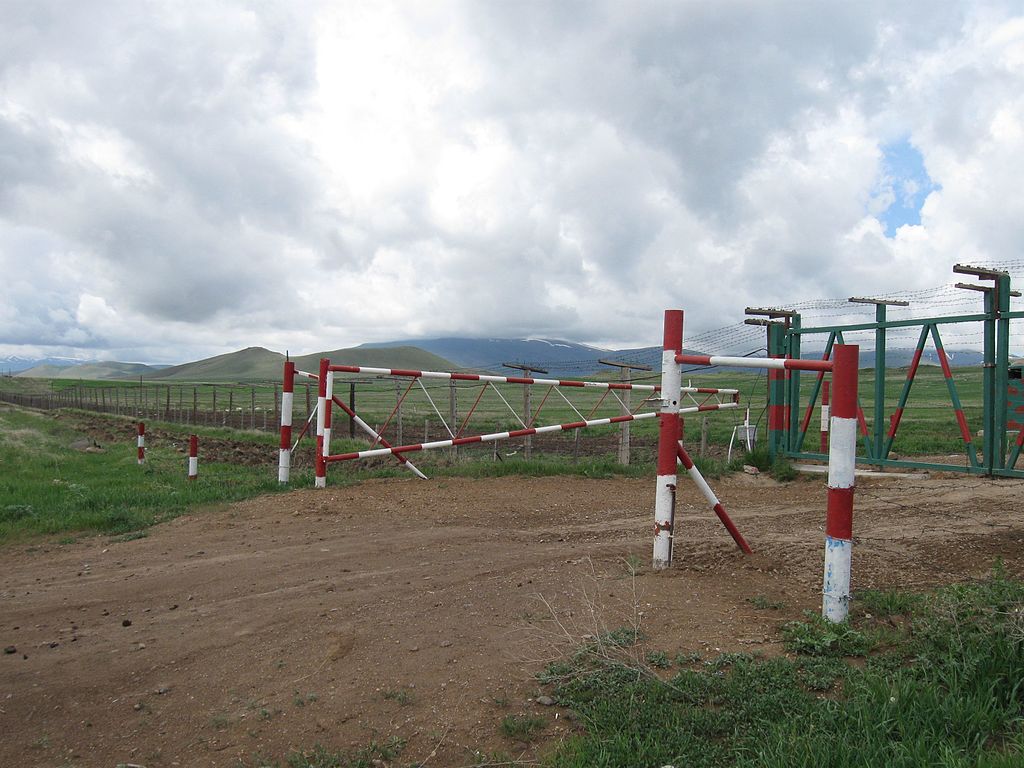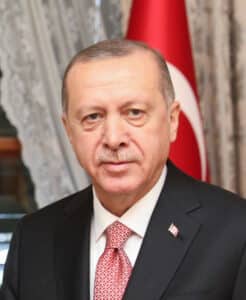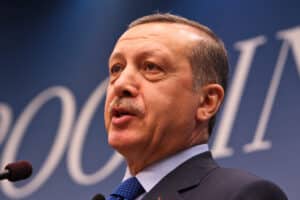The Turkish-Armenian border at Ani, Shirak province, in 2016 (photo: WikiMedia Commons)
For the first time since 2009, Armenia and Turkey have kickstarted efforts to mend ties among the two countries. On March 12, its foreign ministers met in Antalya at the Diplomacy Forum. They both said that the talks were “productive and constructive”. Since 1993, both countries have no commercial or diplomatic relations, after a border closure by Turkey at the time. Recent geo-political and economic circumstances have however switched moods in Yerevan and Ankara, causing optimistic prospects for better ties.
The strained relationship between Armenia and Turkey
Both countries have had disputes for a long time, mainly over the 1915 Armenian Genocide, where 1.5 million Armenians were killed by Turkey’s predecessor, the Ottoman Empire. Turkey questions official figures and does not recognize it as being an act of genocide. In addition, Turkey’s close relationship with Azerbaijan has strained relations with Armenia even further. Turkey supports Azerbaijan militarily and economically, proving to be a major factor in the 2020 Nagorno-Karabakh war. Turkish-made equipment was decisive on many occasions during the conflict.
Change of circumstances
Lately, Armenia and Turkey both have new economic and geopolitical incentives to mend ties. While in 2009, peace talks failed due to internal disputes, hard-liner nationalist factions in the country have now accepted the benefits of improving relations.
In Turkey, the changed reality in Nagorno-Karabakh has caused many to be in favor of deepening ties with Armenia. As Azerbaijan came out as the big winner in the conflict, a window of opportunity now opened for transportation connectivity routes that allows Turkey to deepen cooperation with other Turkic republics. In doing so, Turkey wants to connect Azerbaijan to the isolated Azerbaijani Nakhichevan enclave on the Turkish border. Opening the border with Armenia could therefore connect Turkey to other countries in Asia. For Turkish President Erdogan, it can provide a much-needed boost for the country’s economic difficulties.
For Armenia, mending ties would be economically valuable too. The country is still recovering from the defeat in Nagorno-Karabakh. Despite the sensitive loss of territory to Azerbaijan, incumbent Prime Minister Pashinyan still won 2021 snap elections. The country is isolated in the region from many transport routes and needs Georgia and Iran to reach world markets. It struggles with various economic problems, and the opening of new trade routes could therefore prove very helpful.
The role of Russia
The fragile cease-fire in Nagorno-Karabakh could prove problematic in the revival of Armenian-Turkish ties. The existing situation plays in the hands of the Kremlin, as a Russian peacekeeping force seems indefinitely stationed in the region. Also, reports of new hostilities in the region have increased since the Russian invasion of Ukraine. Armenia blames Azerbaijan of wanting to use the Russian focus on Ukraine to push for new military operations in the region. In recent days, Russia’s peacekeeping force have come under increased critique in Azerbaijan, after the Baku government launched a campaign against its presence. In essence, the role of Azerbaijan and Russia remain important in potential improved ties between Armenia and Turkey. Mending ties could re-shuffle the balance of power in the region, perhaps to the detriment of Russia or Azerbaijan.
For now, flights between Yerevan and Ankara have already resumed. It is to be seen whether cooperation between the two countries will advance in the region’s fast-changing geopolitical setting.
Sources: Al Jazeera I Middle East Institute Al Jazeera II Radio Free Europe Eurasianet
Photo: WikiMedia Commons



